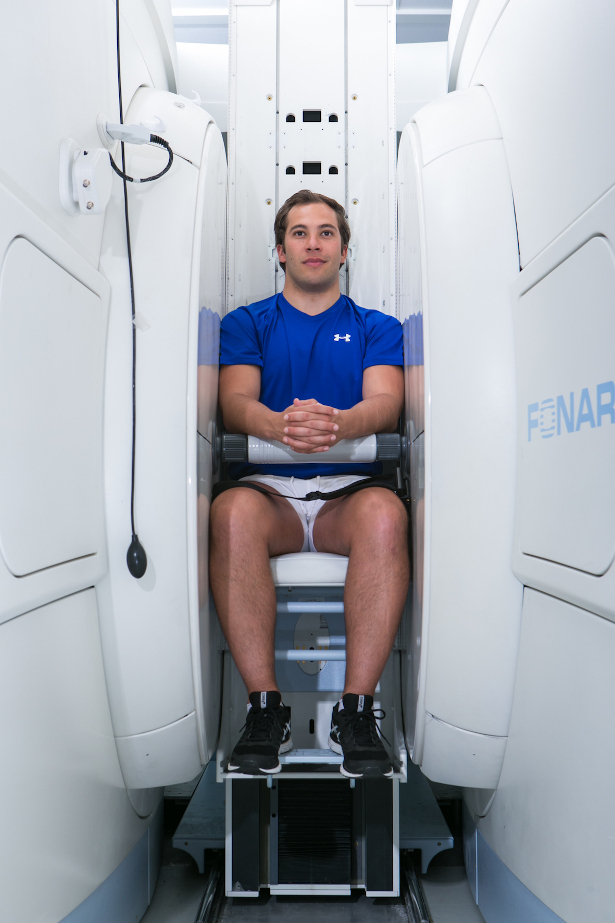One in five people who suffer from back pain have given up their job or reduced their hours because of their condition.
Another fifth have been forced to give up a favourite past-time such as sport, according to a new survey by Medserena Upright Open MRI Centres https://www.trulyopenmri.com/
Over half of those polled (52%) said their back pain troubled them at least several times a month, with 56% describing it as either somewhat or very severe. One in seven suffer every day.
And nearly half (48%) said their problems had been going on for more than five years.

An estimated 2.5 million people experience back pain every day in the UK, whilst treating it costs the NHS more than £1 billion a year*
The new poll for Medserena Upright Open MRI Centres found that, contrary to popular belief, back pain is just as common amongst younger age groups as the elderly.
Whereas 61% of people aged over 55 had back pain at least once a month, the figure for 18-24 year olds was even higher at 71%.
And surprisingly, those in higher managerial jobs suffer more from back pain than manual workers.
Nearly two thirds (63%) of top professionals experience pain at least once a month, compared with around 53% of manual workers – although skilled and semi-skilled workers are more likely to say their condition was caused by lifting heavy loads.
Management, on the other hand, attribute their back pain to bad posture over time – and take more days off sick for this reason than any other type of employee.
Yet despite the prevalence of back pain, the poll found that over a third (34%) of those affected hadn’t sought advice from a medical professional – albeit the likelihood of consulting a GP or specialist increases steadily with age.
Only a fifth (19%) had undertaken an MRI scan, with just under a quarter (24%) having an X Ray.
Men were significantly more likely to have a scan or other test than women.
“Interestingly, our survey showed that 17% of people with back pain also suffer from claustrophobia”, comments Juliana Hyka, Radiology Manager of Medserena, “with women more prone to it than men.
“Yet only 5% said they had been offered an upright open MRI scan for diagnosis.
“Not surprisingly, 46% said they would prefer to stand up or sit down in a scanner which is open at the front – compared to just 19% who would opt for lying down in an enclosed tunnel”.
Medication was the most popular form of treatment for back pain, taken by 47% of respondents.
A third had been treated by a practitioner such as an osteopath or physiotherapist, whilst a quarter had taken to their bed for rest. However, 27% hadn’t bothered with treatment at all, opting to grin and bear it.
Just 14% of top professionals said they had received no treatment, whereas the figure for semi-skilled or unskilled manual workers was 36% (not even painkillers).
The Medserena Centres in London and Manchester offer upright, open MRI scans which are very different to the conventional ‘tunnel’.
The scans are carried out in a natural weight-bearing position. You can stand up, sit down, flex your neck and be moved into different postures – so the scan is carried out in exactly the position that pain is experienced. In many cases, this provides a more conclusive diagnosis of back pain than traditional MRIs that are performed lying down.
The open structure is ideal for anyone suffering from claustrophobia and also accommodates very large patients – up to 35 stone – more easily than the tunnel type.
Medserena surveyed 2000 people who had experienced back pain in the past 12 months. The research was carried out between 10-18 September 2018 by OnePoll.
* Source: National Institute for Health and Care Excellence (NICE)
For further information on how an MRI scan can help your back pain, visit: https://www.back-pain-mri.com/ or https://www.fear-of-mri.com/










